Birth and death. The two eternal mysteries that revolve our pondering soul throughout our life course, as we try to extract meaning, despite life’s absurdity, until our time here will arrive at its end.
Many philosophers throughout history have raised questions and tried to come up with answers to the purpose of our human existence, and our rightful part in the universal scene.
King Solomon, one of the earliest sages, had manifested his experience and insights he gained in his rich lifetime and concluded about this subject in his great book of Ecclesiastes. The book, written by Solomon in his old age talks long about the fine line we all experience in our times of light and darkness, combining thoughts about the true value of our swift life on Earth, and encourages the readers to leave the afterlife undealt and put their effort in the present journey.
“Eat your food with gladness, and drink your wine with a joyful heart, for God has already approved what you do. Always be clothed in white, and always anoint your head with oil. Enjoy life with your wife, whom you love, all the days of this meaningless life that God has given you under the sun … for in the realm of the dead, where you are going, there is neither working nor planning nor knowledge nor wisdom” Ecclesiastes 9:7-10
The book of Ecclesiastes is one hard pill to swallow, as the thought of death and the purpose of life are hard to digest, as we tend to ignore the irony of our mortality in order to survive.
We start our journey here, hungry and erect desiring to devour our daily bread, but in time, we begin to deteriorate and face agonizing fear, followed by the melancholy of acceptance.
Although its pessimistic tone, Ecclesiastes urges us to stop seeking immortality as life loses its taste if lived too long. “All things are wearisome, more than one can say. The eye is never satisfied with seeing, nor the ear with hearing…What has been will be again, what has been done will be done again; there is nothing new under the sun.”
Ecclesiastes 1:9
At first glance, these words sound harsh and hopeless, as many encounter such feelings and doubts at some point in life, but when looking a little deeper into the writer’s conception it actually gives great comfort to the desperate face of existentialism.
Solomon’s writings were repeatedly inquired by the greatest philosophers of our worldly cultures, thousands of years after he spoke his truth. It is considered by the modern world of science and spirituality as the greatest philosophical text ever written, dealing with what is often overlooked during the overwhelming race of life. Nietzsche, Spinoza, Kierkegaard, Tolstoy, Camus, all devoted their lives to try and understand if life is truly futile, in their struggle to make sense of the contradictions human beings are faced with, and disrupt their oblivion while they try to prolong their time here by means of breeding, developing technology, and reasoning.
“Meaningless! Meaningless!” says the Teacher.
“Everything is meaningless!”
Ecclesiastes 12:8
In the end, the researchers of existentialism push us to conclude and run our life according to whatever we see fit, and remember that any quest requires a map, not only to set out the way but also to make it count all the way to the finish line, because nothing else really matters.
“All is hevel (vapor), all is vanity”
Ecclesiastes 1:2
Solomon stands as an important teacher to us all and proves that a journey filled with rich experiences, for better or worse, makes us lords of our own path we choose to fill. Taking off wasteful energies of disappointment and guilt while motivating ourselves to expand our minds may not defy death, but it would surely produce an enhanced journey, so why not absorb nature’s grace and live an extraordinary life?
“Carpe diem”
Horace
It’s true, our most tragic conclusion of human existence is that it can only be understood in hindsight, but we have to live it forward (Kierkegaard), and when the moment of farewell arrives, we would not feel regret or sorrow for a life wasted.

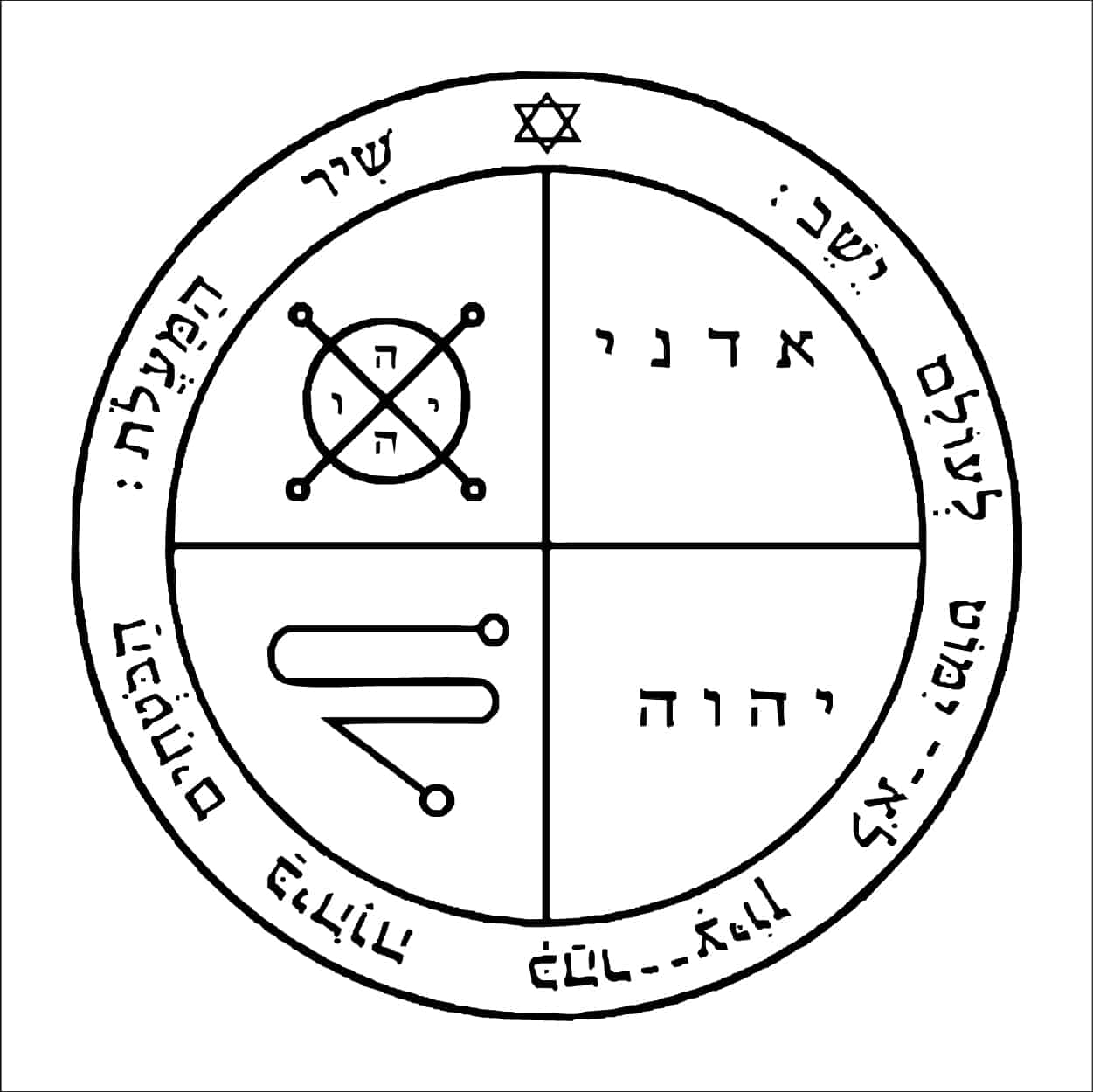 Evil Eye Protection Seals
Evil Eye Protection Seals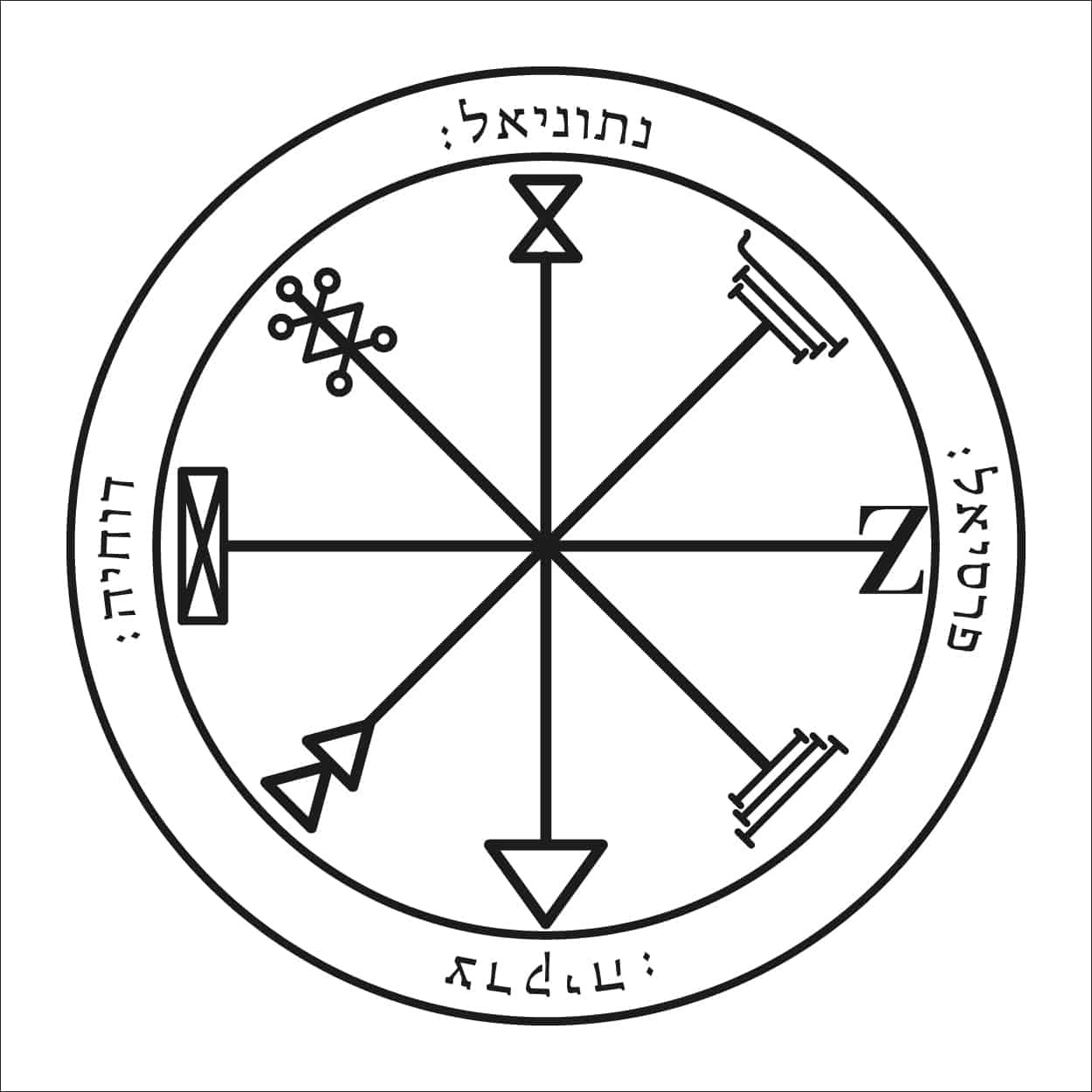 Abundance & Prosperity Seals
Abundance & Prosperity Seals Guarding & Protection Seals
Guarding & Protection Seals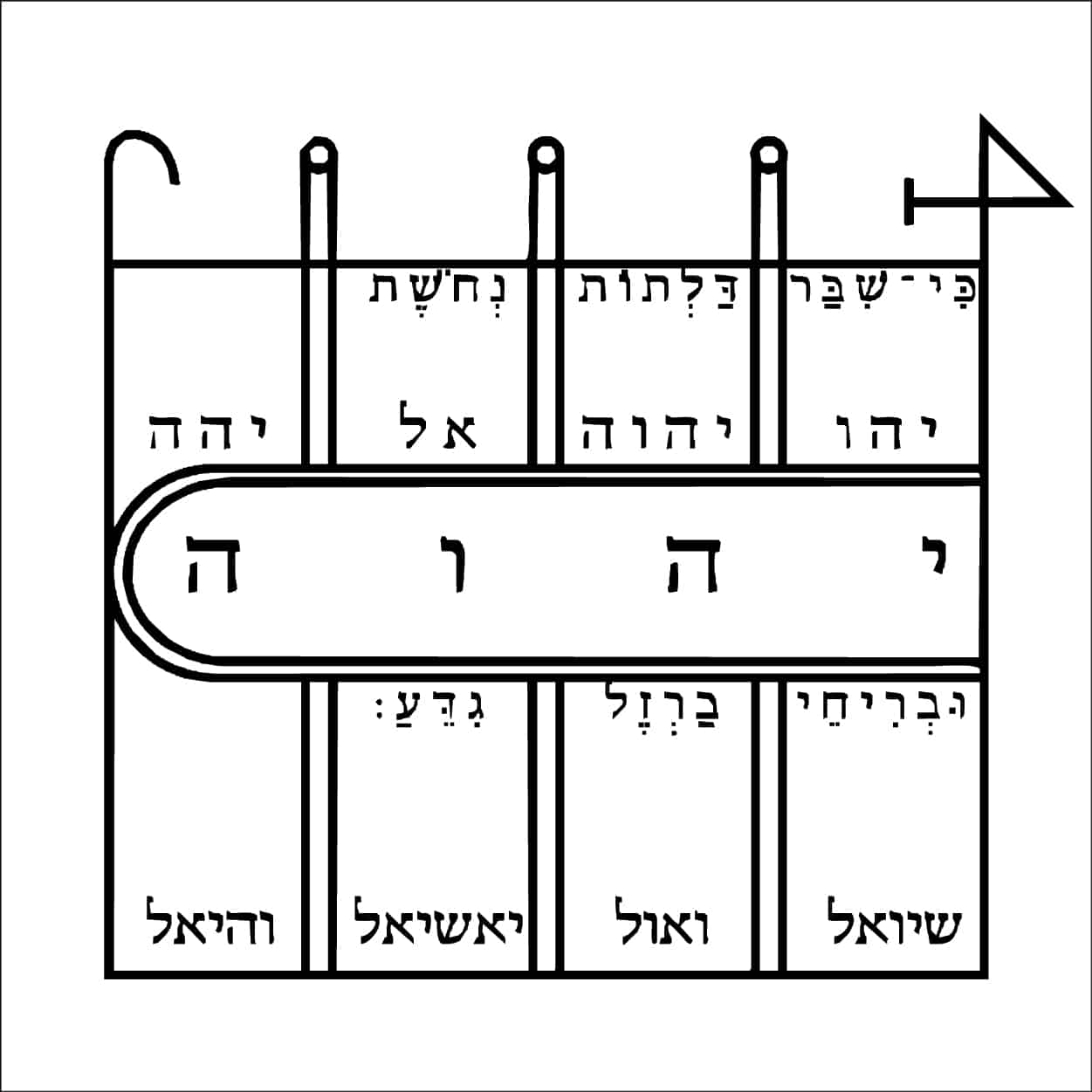 Paths Clearing Seals
Paths Clearing Seals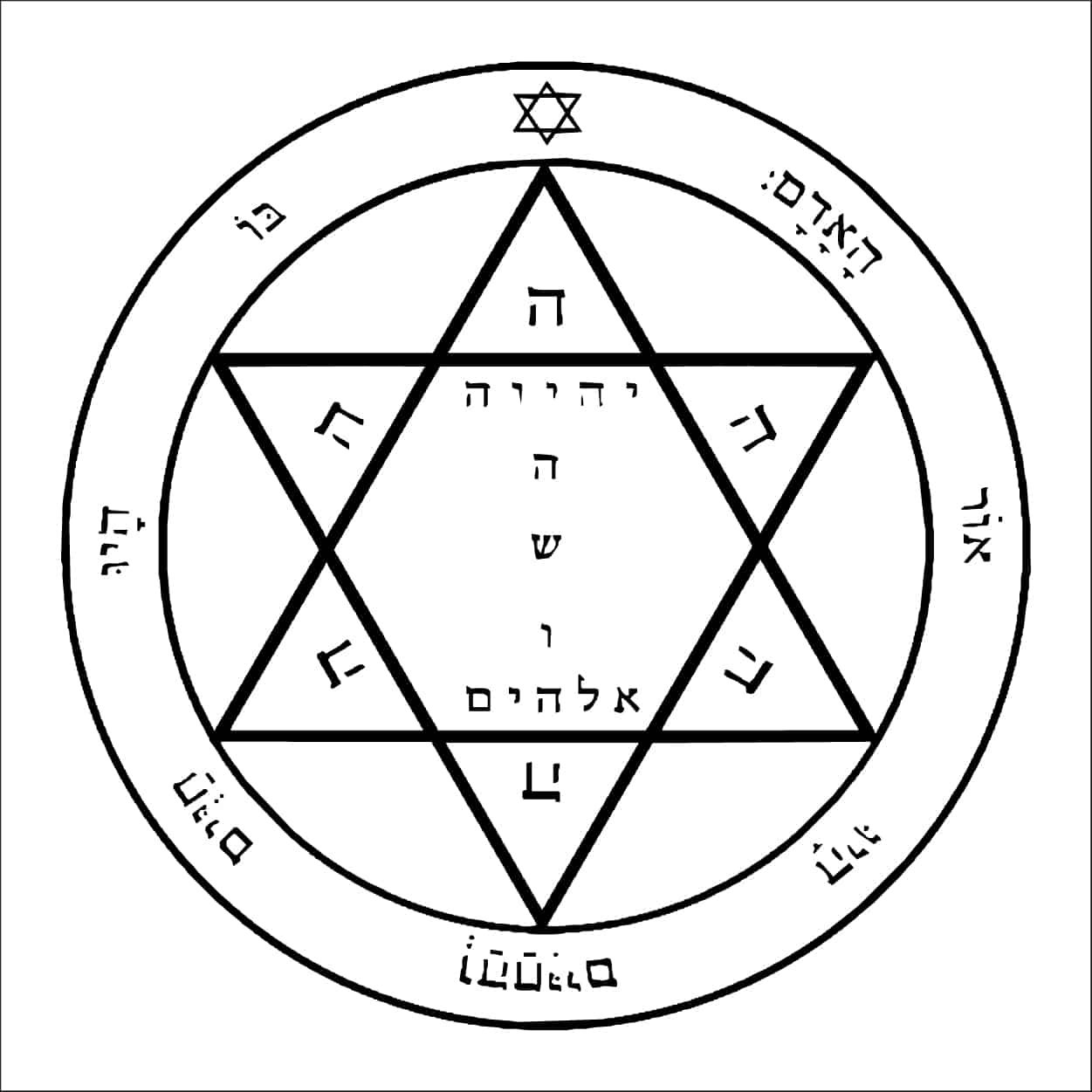 Health Seals
Health Seals Recuperation Seals
Recuperation Seals Spiritual Growth Seals
Spiritual Growth Seals Tranquility & Equilibrium Seals
Tranquility & Equilibrium Seals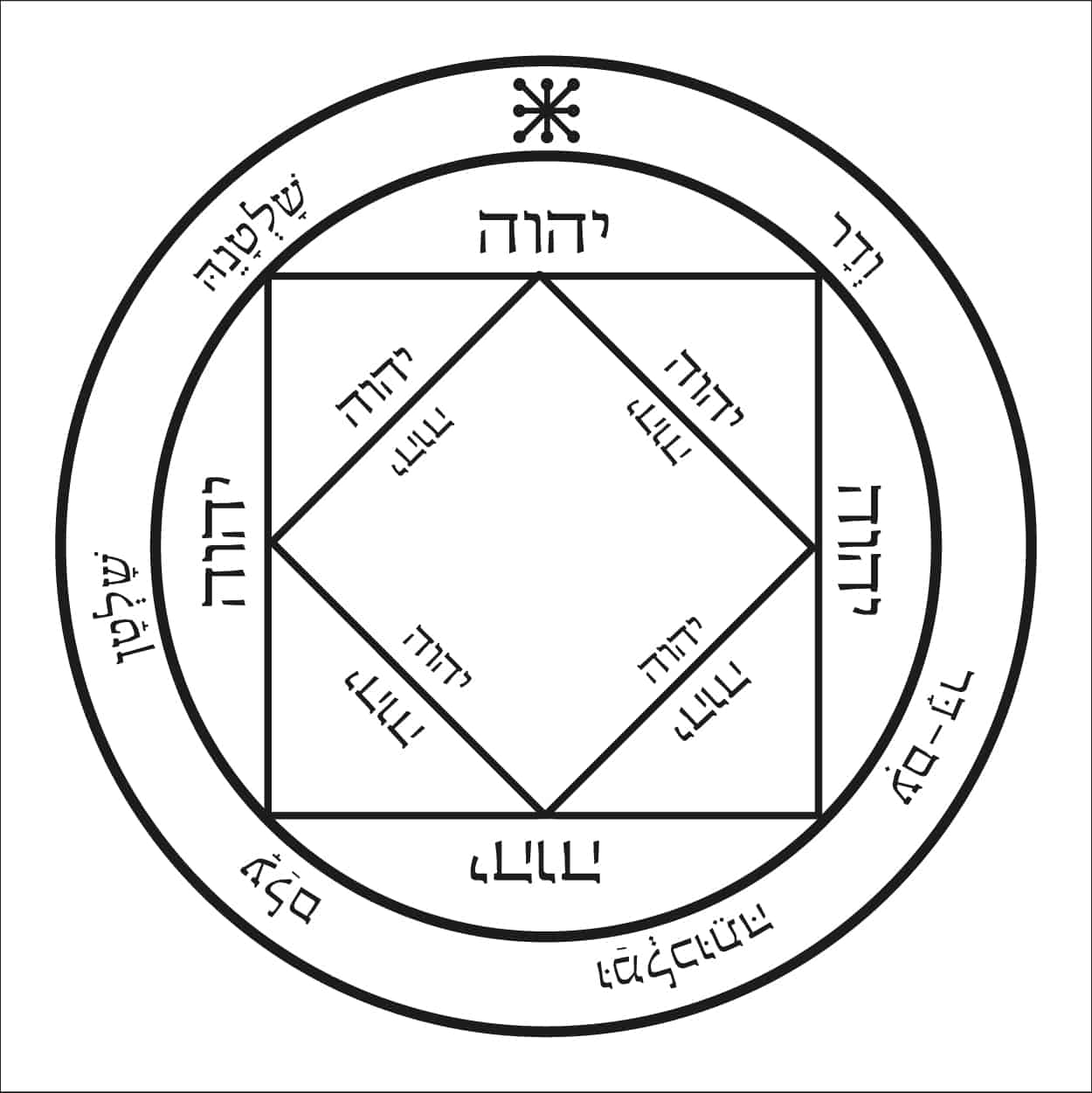 Victory & Achievement Seals
Victory & Achievement Seals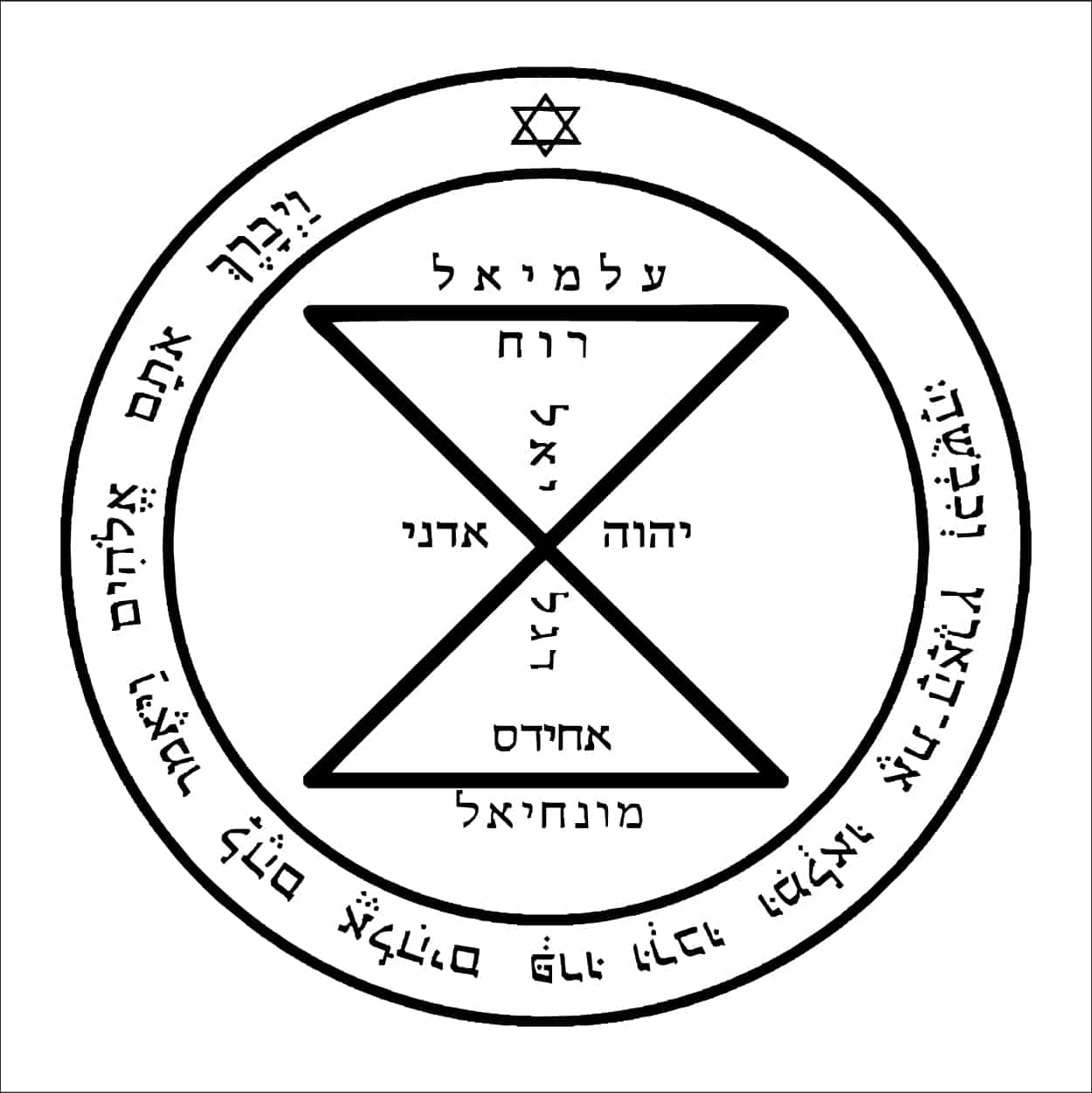 Matching Seals
Matching Seals Love Seals
Love Seals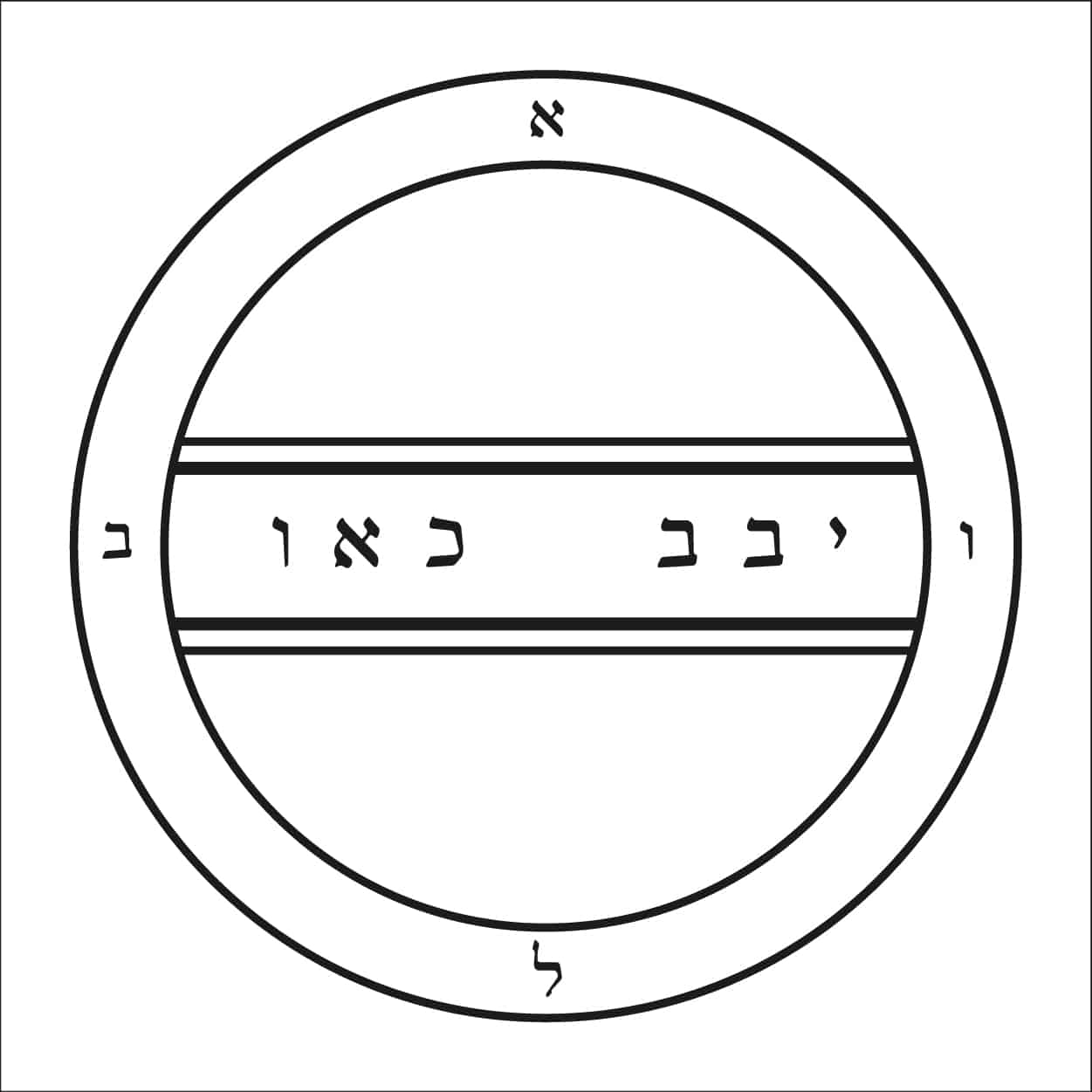 Fertility Seals
Fertility Seals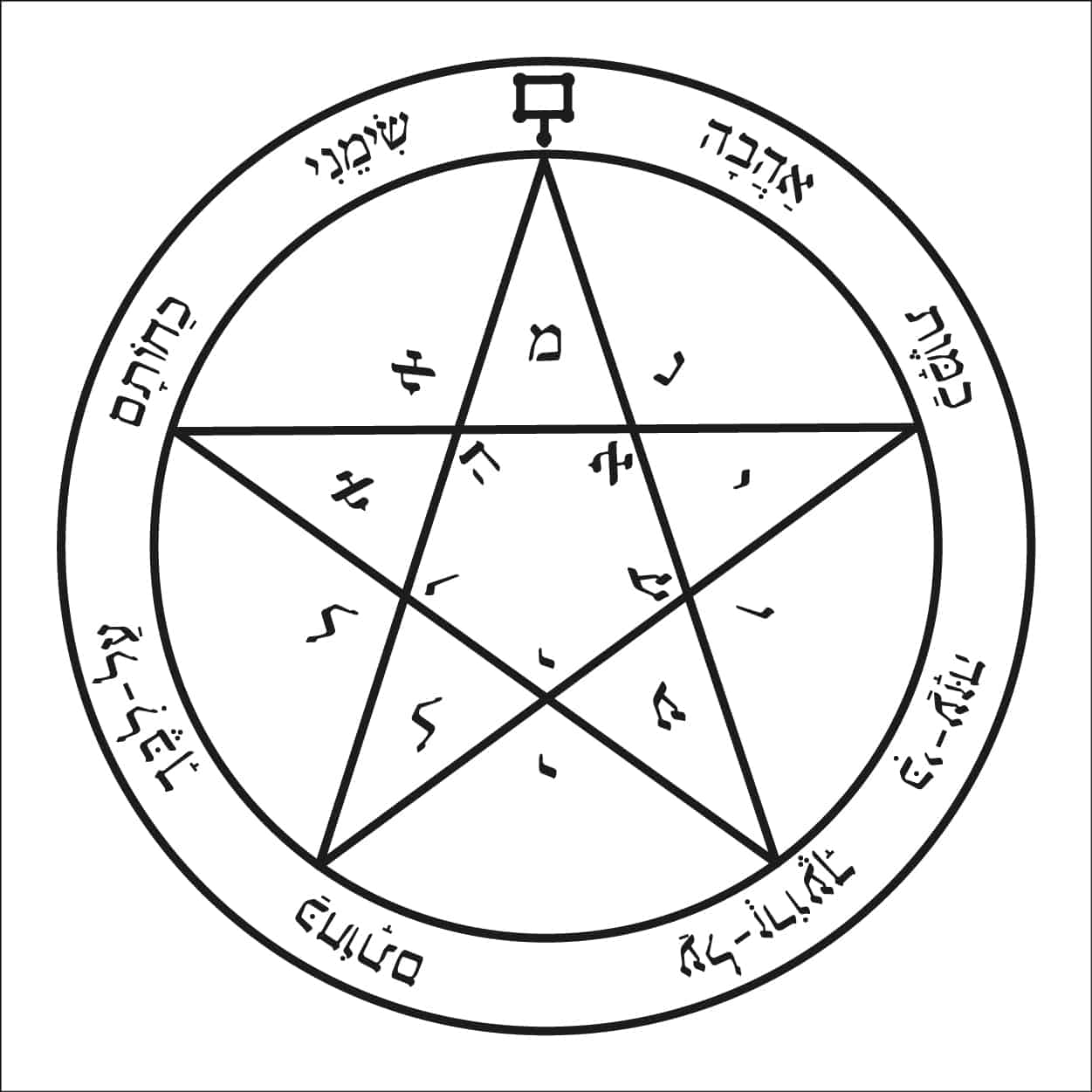 Wishes Seals
Wishes Seals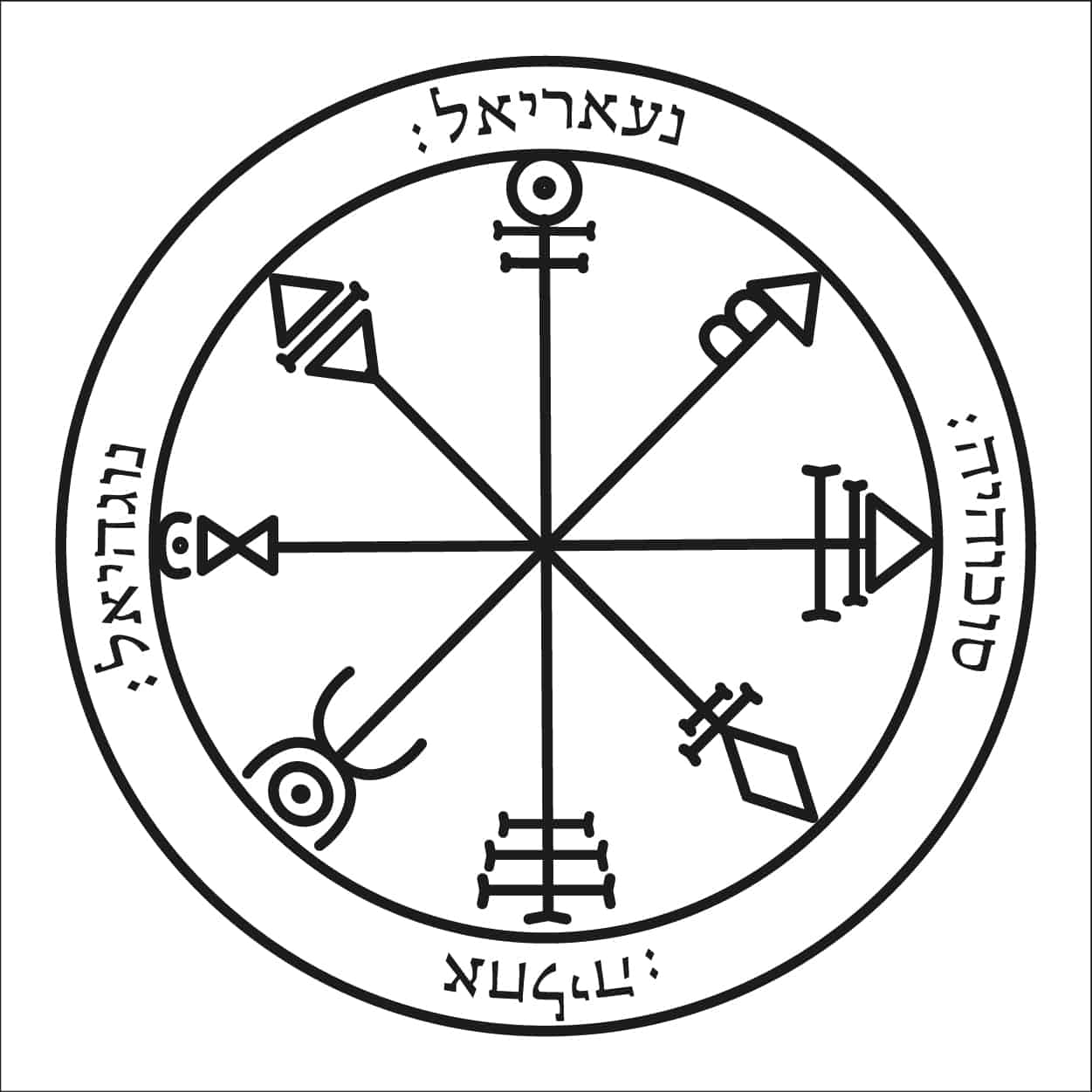 Harmony Seals
Harmony Seals Livelihood Seals
Livelihood Seals